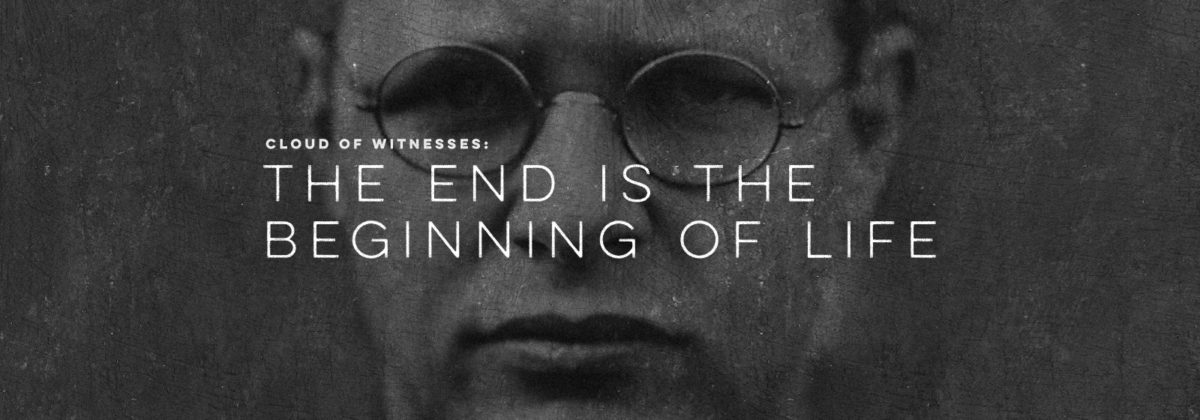One of my mentors once said to me “God doesn’t give us clarity, son”. It may have been said first by Mother Theresa. I can’t remember. This insight has stuck with me, and has been on my mind over the past few weeks in Vancouver. As Julia and I have been walking faithfully in response to where Jesus is leading us I can’t help but want to know a few things. I want his timeline and milestones, and other measurables. I want to know who will be a part of what we’re doing, what unexpected turns to expect, when things are going to happen, where we’ll end up planting in the city, and how the decisions I make now will impact the future. I want clarity, but ol’ Bob Tuttle remains right “God doesn’t give us clarity, son”.
God certainly gives us glimmers of clarity, and assurance that we are where he wants us to be—but that doesn’t mean we suddenly become omniscience. Our knowing always remains in part, leaving us weak and dependent. In other words, embracing our finitude and limited understanding is exactly where God wants us to be so that our strength is in him and not ourselves.
But this wanting to know how things will play out lingers in the recesses of my mind. Perhaps it’s because I am easily fixated on what I’m doing rather than on who I am becoming. Without a doubt, when someone asks me what God’s will is for their lives they really mean “what does God want me to do with my life?” They assume I have some direct bat-line to the Holy Spirit to answer that question, or because I seem to know what I’m “called to do” that I figured out the trick to knowing God’s will.
Well, I haven’t.
I do not doubt that God has a course for our lives, and “good works, which God prepared beforehand, that we should walk in them” (Ephesians 2:10). But I tend to focus on Paul’s first letter to the Thessalonians in regards to God’s will. He tells us “For this is the will of God, your sanctification” (1 Thessalonians 4:3). God’s will for our lives is to see us transformed into the likeness of Jesus: to become people who walk more, and love more, like Jesus himself. Elsewhere Paul says that God predestined us to be adopted as sons through Christ, and chose us to be holy and blameless (Ephesians 1). God’s will for us is transformation.
Maybe God cares about who we are becoming more than about what we are doing.
The transformation that Jesus’ brings about makes us more fully alive: it makes us more human. When we are more fully alive, becoming all that God envisions that we can be suddenly we start walking through life lock-step with God and his will. It is precisely when we focus on God’s desire to transform us, that he teaches us how to walk through the uncertainty of where we are going. The result is that the temporary uncertainty of this life is far less important in light of the eternal trajectory we are now focused on. We walk towards Christ through doubt, through struggles, through confusion, through unanswered prayers, and through our relentless desire to simply know where every moment of our lives will end up. We don’t know everything, but we know the one thing necessary.
Paul also says “Rejoice always, pray without ceasing, give thanks in all circumstances; for this is the will of God in Christ Jesus for you” (1 Thessalonians 5:16-18). We are transformed by God as we rejoice in the gospel and not in what we do but in what has been done for us: Jesus loved us and gave himself for us. In response we begin to pray out of this deep appreciation for God’s infinite love shown to us in our hearts. We begin to give thanks in any, and every circumstance because no matter what we face, and no matter what the future holds, we know that God is for us and nothing can separate us from the love of God in Christ Jesus.
I may not have clarity about my temporal circumstances, but I have clarity about the only thing that matters: God gave himself for me, and is more committed to my transformation and life than I am. In seeking clarity, I am really longing to know what I can’t know. But in seeking God, I know what I do know is knowing enough. As I continue to keep my eyes fixed on Jesus, and the beauty of his grace, the rest works itself out.




